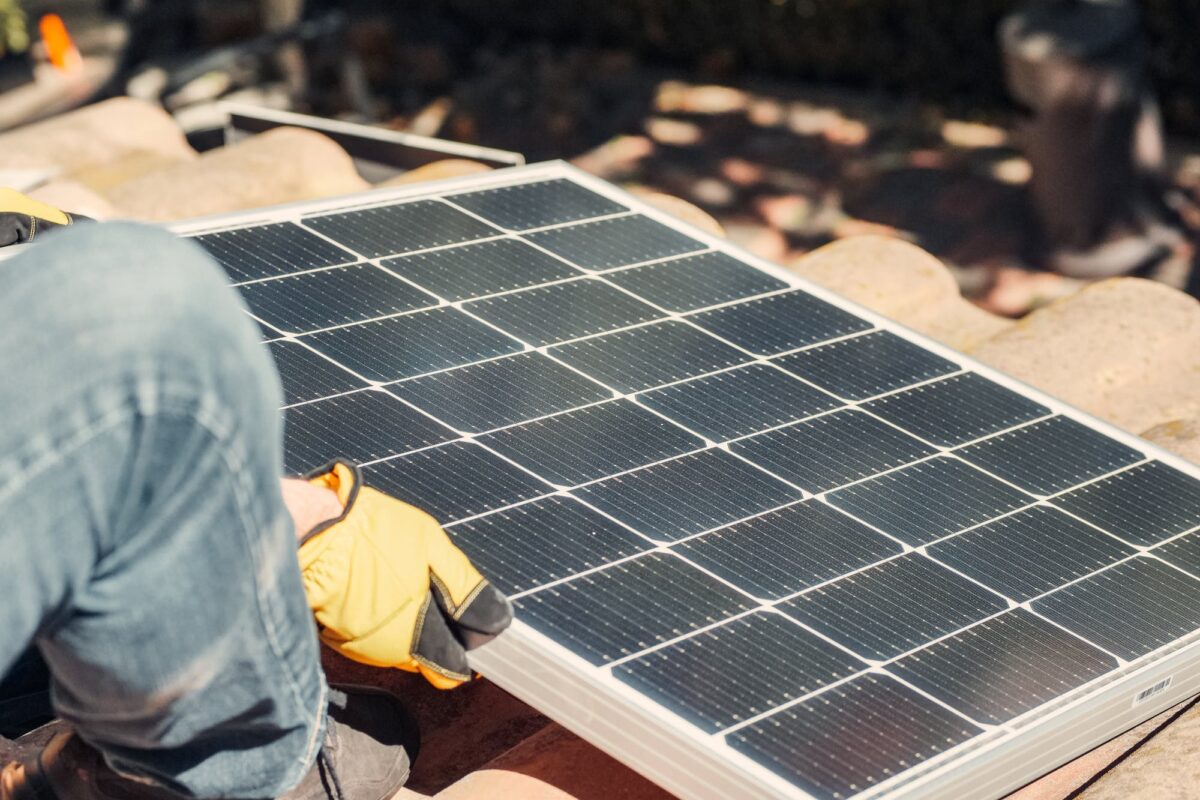SunPower reported that it gained marketshare in the United States’ residential market and continued its growth in the U.S. commercial sector during its third-quarter earnings call. The module manufacturer lost $54 million in the third quarter on revenues of $477 million, an improvement over the second quarter when it reported losses of $94 million on revenues of $337 million.
According to SunPower President and CEO Tom Werner, the company is projecting fourth quarter revenues between $635 million and $685 million, with another net loss between $80 million to $55 million. Still, the company believes it will return to “sustainable profitability” in the second half of 2018.
In part, the company is banking on its new NGT cell/module technology, which it has begun getting certified and is expected to be in volume production in the second half of next year. Orders for the factory equipment to produce the new modules occurred in the third quarter in anticipation of ramping production next year.
The company also reported a modest marketshare gain in the residential segment as a result of solid lease volume but a record quarter in its commercial sector, based in large part on the completion of its 9 MW project on the Toyota headquarters in Texas.
“Operationally, we achieved our cost reduction targets for the quarter and our [factories] remain 100 percent utilized,” Werner said. “We remain committed to improving our competitive position, strengthening our balance sheet and returning to long-term sustained profitability starting in the second half of 2018.”
Werner also addressed its unusual position on the looming Section 201 trade action brought by bankrupt module manufacturer Suniva and supported by SolarWorld Americas. Earlier this week, the U.S. International Trade Commission handed down its initial recommendations for penalties on imported solar modules in advance of delivering a full report to President Donald J. Trump on November 13.
SunPower has argued that it should be exempt from any penalties despite manufacturing its modules in Mexico and China. Its argument is twofold; it argues that as a U.S. company, it doesn’t receive subsidies like the Chinese companies do and therefore their modules should be exempt. Secondly, it argues its products are premium-level products and therefore don’t compete with the modules produced by the petitioners.
“We are a U.S. based company with more than 1,000 direct employees and an employment network exceeding 17,500 people through our indirect dealer channel, supply chain partners, as well as site installation workers across 40 states,” Werner said. “We will continue to work with the Trump Administration to ensure all parties are aware of our consistent investment in U.S. jobs, product innovation and the U.S. solar industry and are confident that the President will take these facts into account in the final decision.”
Werner said the next earnings call will likely be in mid-January, after Trump makes a decision on trade action, which will be due by January 12.
This content is protected by copyright and may not be reused. If you want to cooperate with us and would like to reuse some of our content, please contact: editors@pv-magazine.com.








By submitting this form you agree to pv magazine using your data for the purposes of publishing your comment.
Your personal data will only be disclosed or otherwise transmitted to third parties for the purposes of spam filtering or if this is necessary for technical maintenance of the website. Any other transfer to third parties will not take place unless this is justified on the basis of applicable data protection regulations or if pv magazine is legally obliged to do so.
You may revoke this consent at any time with effect for the future, in which case your personal data will be deleted immediately. Otherwise, your data will be deleted if pv magazine has processed your request or the purpose of data storage is fulfilled.
Further information on data privacy can be found in our Data Protection Policy.